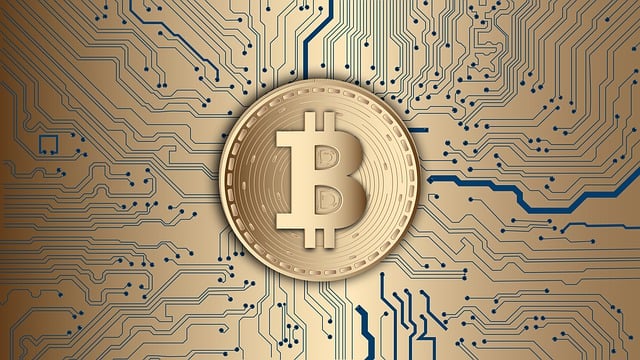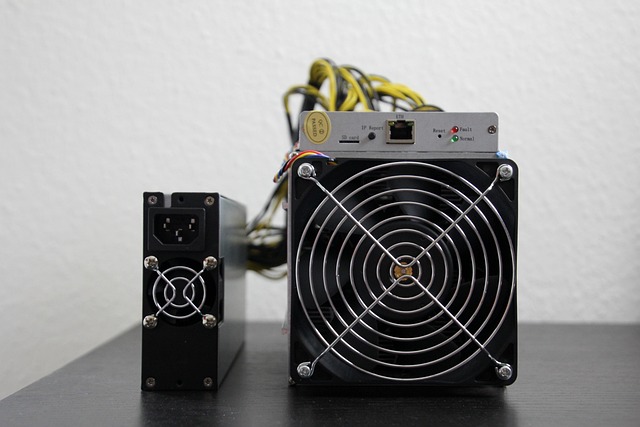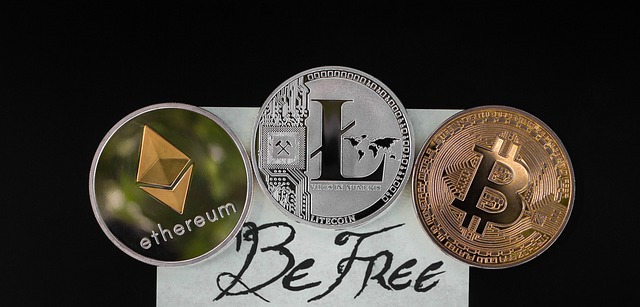Blockchain technology is transforming global banking by offering a secure and decentralized solution for identity verification, streamlining processes, reducing fraud, and expediting cross-border transactions. Its immutable ledger enhances data integrity, combats financial crimes, and improves customer onboarding. By providing real-time access to verified digital identities, blockchain fosters a more secure and inclusive global financial environment, revolutionizing identity management and significantly impacting traditional banking systems.
Blockchain-based identity verification is transforming the way we secure digital transactions. This cutting-edge technology offers a revolutionary approach to data validation, promising enhanced security and efficiency in various sectors, notably global banking systems. By harnessing the power of decentralized ledgers, blockchain eliminates traditional vulnerabilities, ensuring data integrity and user privacy. This article explores the potential impact on banking, delving into the benefits, challenges, and future prospects of implementing blockchain-based identity verification systems.
- Understanding Blockchain Technology and Its Underpinnings
- Traditional Identity Verification Processes and Their Limitations
- How Blockchain Can Revolutionize Global Identity Verification
- Benefits of Implementing Blockchain-based Systems in Banking
- Challenges, Considerations, and Future Prospects
Understanding Blockchain Technology and Its Underpinnings

Blockchain, a revolutionary technology, has emerged as a game-changer in various industries, and its impact on global banking systems is no exception. At its core, blockchain is a distributed digital ledger that records transactions across multiple nodes, ensuring transparency, security, and immutability. This decentralized nature is what sets it apart from traditional centralized systems. Each block in the chain contains a set of data, validated by network participants, and once added, cannot be altered, providing an unparalleled level of integrity.
This technology has the potential to streamline identity verification processes, which are crucial for banking operations. By leveraging blockchain, banks can create secure, tamper-proof digital identities, eliminating the need for intermediaries. The impact on global banking could be significant, as it enhances data privacy, reduces fraud, and enables faster, more efficient cross-border transactions. With its ability to provide a transparent and foolproof system, blockchain technology promises to revolutionize identity management in the banking sector.
Traditional Identity Verification Processes and Their Limitations

Traditional identity verification processes have long been a cornerstone of secure transactions, but they come with significant limitations. These processes often rely on centralized authorities like banks or governments to issue and verify IDs, creating bottlenecks and inefficiencies. The impact on global banking systems is substantial, as these centralized models can be slow, prone to fraud, and lack transparency.
Furthermore, traditional methods struggle to keep pace with the increasing demand for digital transactions and online services. They often require extensive documentation, face challenges in cross-border verification, and fail to address privacy concerns effectively. These limitations have sparked a need for innovative solutions, leading to the advent of blockchain-based identity verification as a potential game-changer in the financial sector.
How Blockchain Can Revolutionize Global Identity Verification

Blockchain technology has the potential to revolutionize global identity verification processes, offering a secure and decentralized alternative to traditional methods. By its nature, blockchain provides an immutable record of transactions, ensuring data integrity and reducing fraud risks significantly. This is particularly impactful in the context of global banking systems, where identity verification is a critical component for preventing money laundering, terrorism financing, and other financial crimes. With blockchain-based systems, financial institutions can access verified digital identities in real time, streamlining cross-border transactions and enhancing customer onboarding processes.
The decentralized nature of blockchain also addresses privacy concerns by allowing individuals to control their personal data. Users can grant access to specific information while maintaining ownership, reducing the risk of identity theft and data breaches. This level of security and user empowerment could lead to a more efficient, secure, and inclusive global financial ecosystem, especially in regions with limited infrastructure for traditional identity verification methods.
Benefits of Implementing Blockchain-based Systems in Banking

Blockchain technology has the potential to significantly transform and upgrade global banking systems. One of the key advantages is enhanced security and data integrity. Blockchain-based systems offer a decentralized and secure platform for storing and verifying customer identities, reducing the risk of fraud and unauthorized access. This distributed ledger technology ensures that every transaction or identity update is transparent, traceable, and tamper-proof.
Additionally, blockchain implementation can streamline processes and improve efficiency in banking operations. Smart contracts, for instance, automate various tasks such as loan processing, insurance claims, and KYC (Know Your Customer) procedures, minimizing manual intervention and potential errors. This results in faster transaction times, reduced operational costs, and an improved customer experience, ultimately giving banks a competitive edge in the global financial market.
Challenges, Considerations, and Future Prospects

The implementation of blockchain-based identity verification offers a promising solution to longstanding issues in traditional identification processes, but it’s not without challenges. One of the primary hurdles is integrating this technology into existing global banking systems, which often rely on centralized databases and legacy infrastructure. The decentralized nature of blockchains can pose complexities in terms of regulatory compliance, data privacy, and cross-border recognition of verified identities.
Despite these considerations, the potential impact on global banking systems is significant. Blockchain’s inherent security features, transparency, and immutability can enhance identity verification processes, reducing fraud and increasing efficiency. As the technology matures, we can expect to see more innovative use cases emerge, shaping the future of digital identity management and facilitating seamless transactions across borders.
Blockchain technology has the potential to transform identity verification processes globally, offering enhanced security and efficiency compared to traditional methods. By leveraging decentralized ledgers, blockchain can revolutionize how financial institutions manage customer identities, significantly impacting the world of banking systems. While challenges remain, including scalability and regulatory issues, the benefits of reduced fraud, increased data privacy, and streamlined onboarding processes make blockchain-based identity verification a game-changer worth embracing. As this technology matures, its impact on global banking could lead to more secure and accessible financial services for all.
